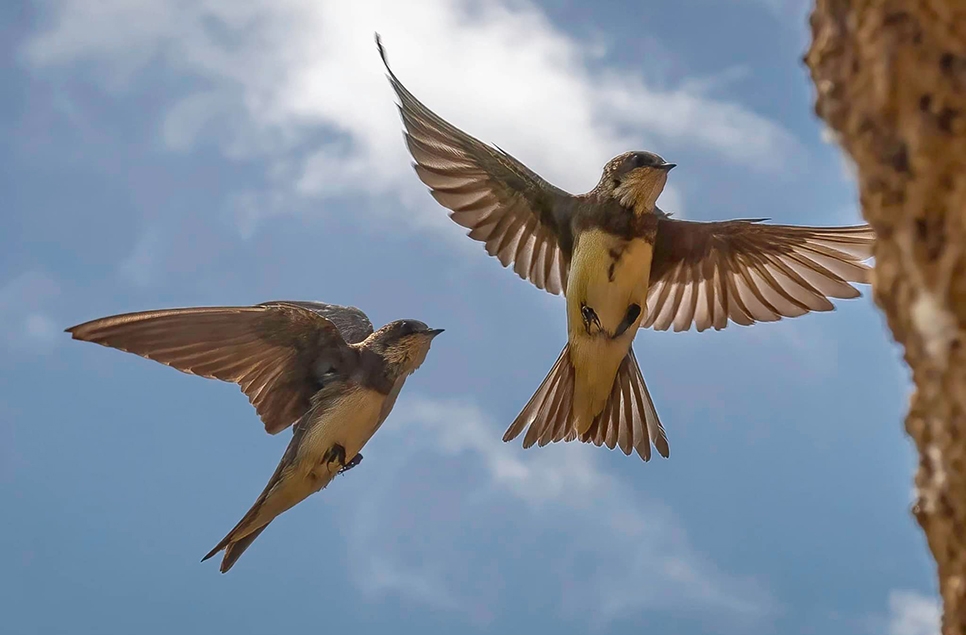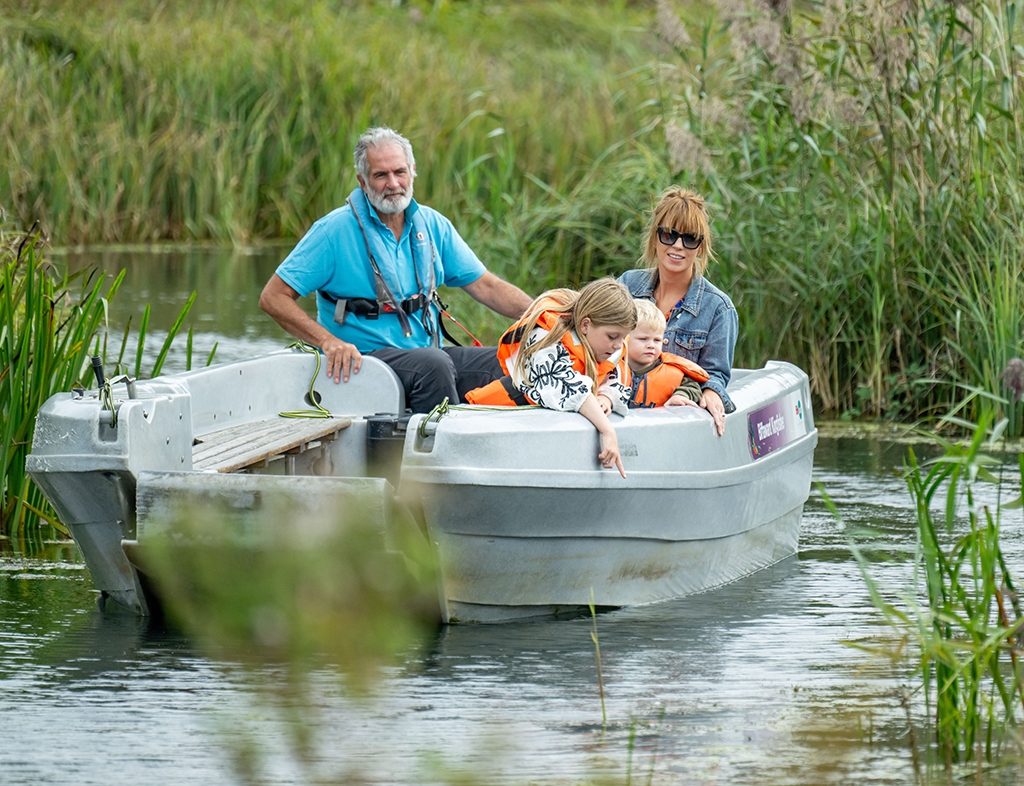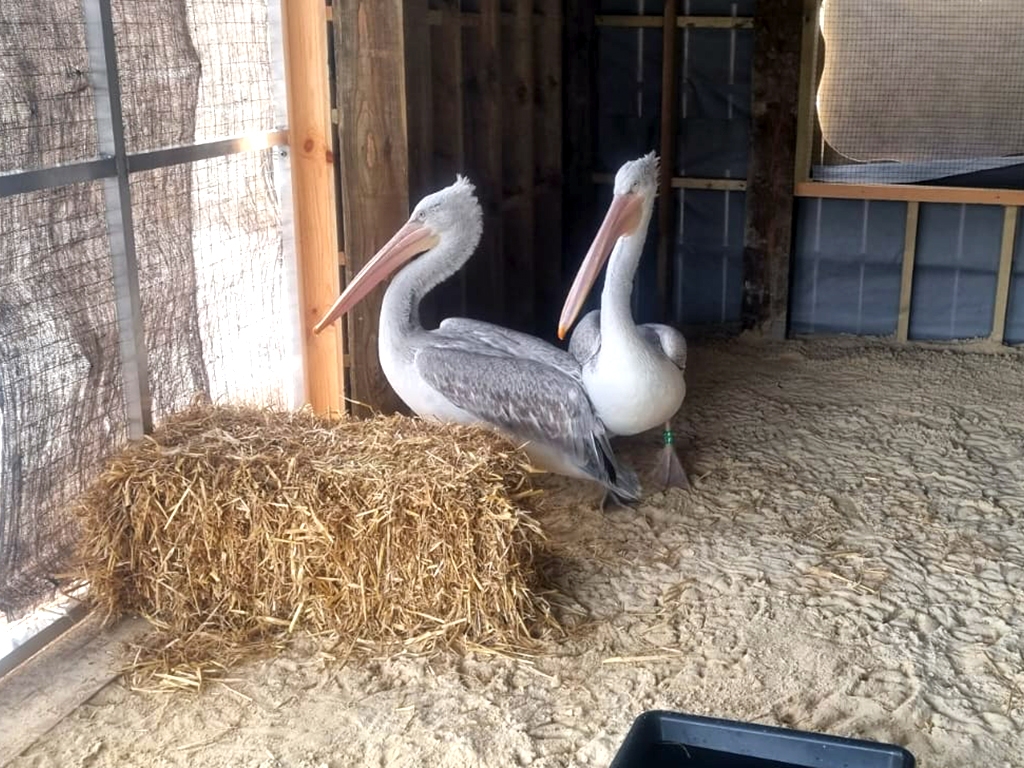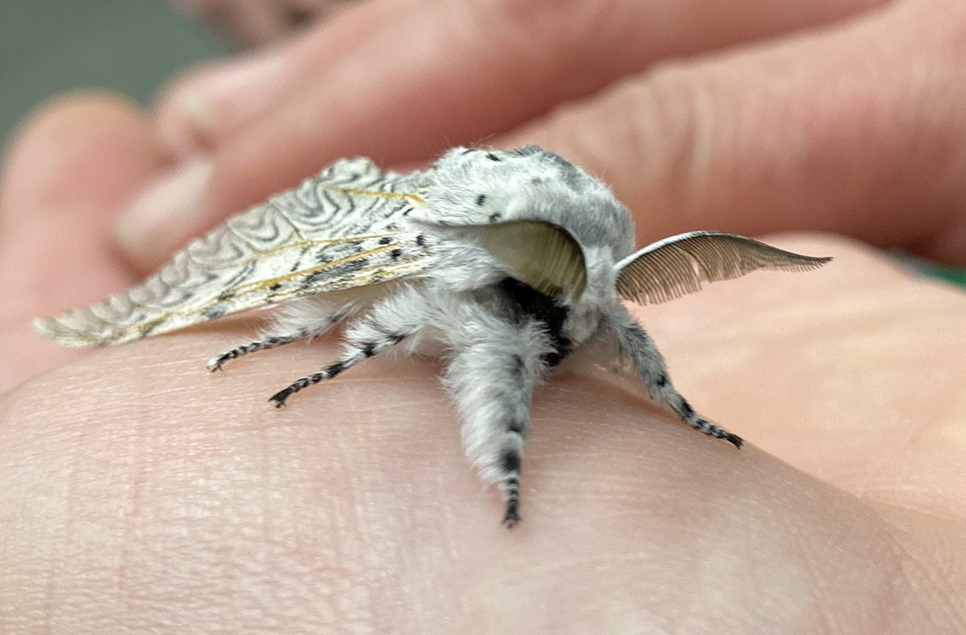New Incubation & Rearing room to open soon
Arundel Wetland Centre is home to a collection of ducks and geese that tell the story of wetlands around the world. Caring for these birds has our keepers busy year 'round but especially in springtime when nesting begins.
The eggs of endangered and threatened species in our collection are placed in incubators and the youngsters reared in tanks by our Keepers. Until now this work has been done behind the scenes but we would like to offer our visitors a window on this world at our new Incubation & Rearing Room.
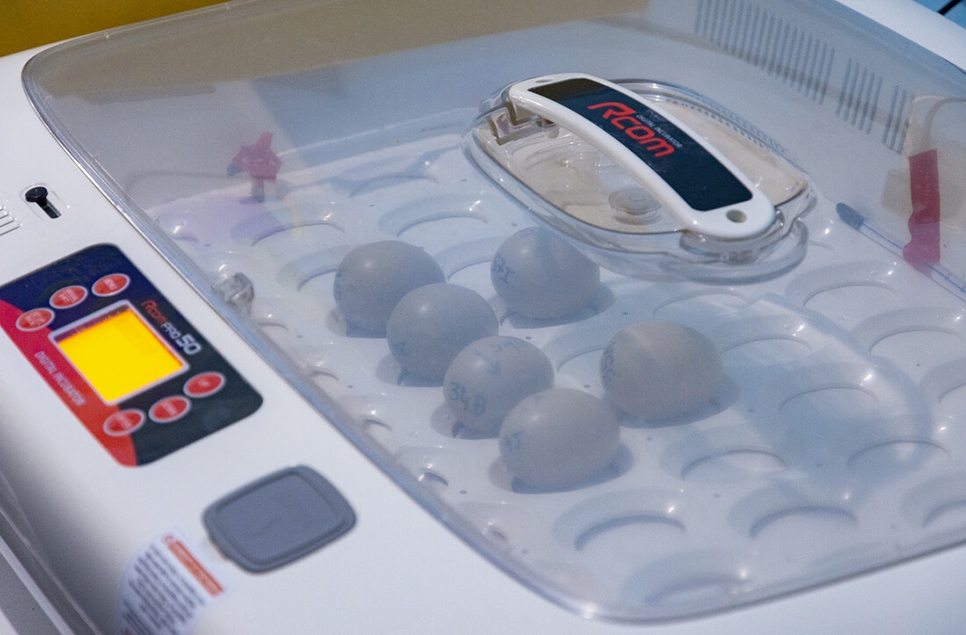
Egg incubators will be visible to visitors through a special viewing window
Working with wetland ducks, geese, swans and waders gives our Keepers unrivalled skills in rearing rare species. The team excel at raising sea ducks, black-necked grebes and scaly-sided mergansers.
Head keeper Sam McKinlay said “With this busy spring breeding season underway we will have eggs for the incubators and newly hatched youngsters for the rearing tanks as soon as we are able to move them in!”
The Incubation and Rearing Room was supposed to open for the May half term but indoor plumbing and electric works have delayed completion. The building is finished and the pathways around have reopened with tarmacking scheduled for Thurs 03 May.
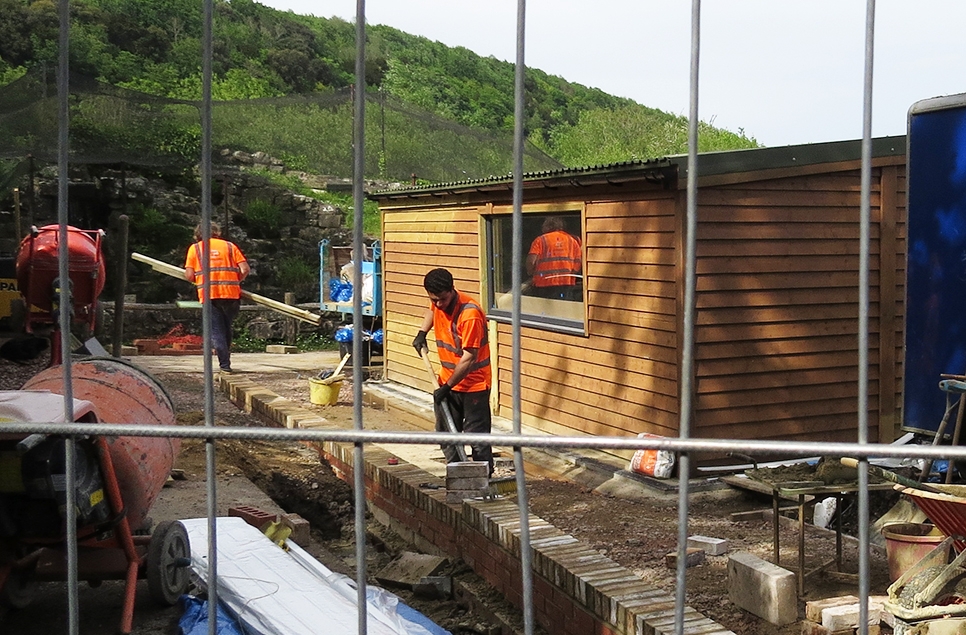
The new rearing room is located near to our existing outdoor duckery, where some parent reared goslings, ducklings and cygnets are kept outdoors in family groups until the young are old enough to go into exhibits.
Some of the birds we raise are part of international breeding programmes like the European Endangered Species Programme (EEP) to maintain healthy population of healthy animals in Europe. This work is essential for conservation work with these species.

Scaly-sided merganser chicks in a rearing tank at Arundel Wetland Centre
Some of the birds that hatch out this season at Arundel Wetland Centre may remain here while others may be moved to other WWT centres and zoos across the UK. Endangered species belonging to the EEP programme may even end up abroad in other countries as part of conservation programs.
